The Cruise Passenger Bill of Rights is a set of guidelines designed to protect the rights of passengers on cruise ships.

The Cruise Lines International Association (CLIA), the lobbying organization of the North American cruise industry, introduced guidelines in 2013.
This followed high-profile incidents, such as the Costa Concordia sinking and the Carnival Triumph incident, which emphasized the necessity for enhanced protection of cruise passengers.
Understanding the Cruise Passenger Bill of Rights
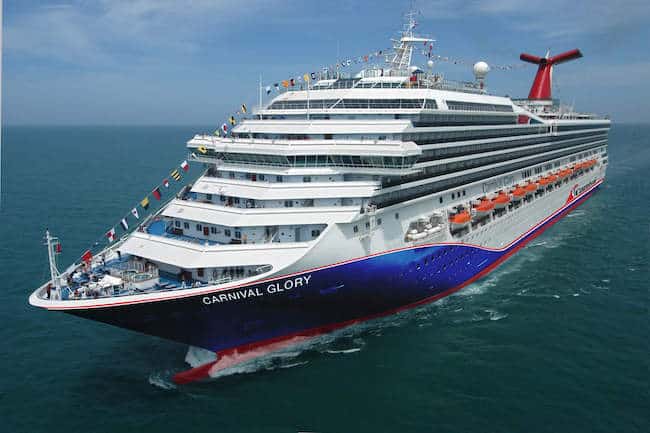
The Cruise Passenger Bill of Rights encompasses a list of requirements to ensure that passengers are treated fairly and that their safety and well-being are the cruise line’s top priority, offering peace of mind in various scenarios.
These include the right to safe and sanitary shipboard conditions, medical care for illness or injury, and timely and accurate information about the ship’s itinerary and any changes that may affect passengers.
It also includes provisions for compensation in the event of a shipboard accident or other incident that results in injury or loss of property.
The Cruise Industry Passenger Bill of Rights outlines several key provisions designed to protect passengers’ safety, health, and comfort while on board a cruise ship.
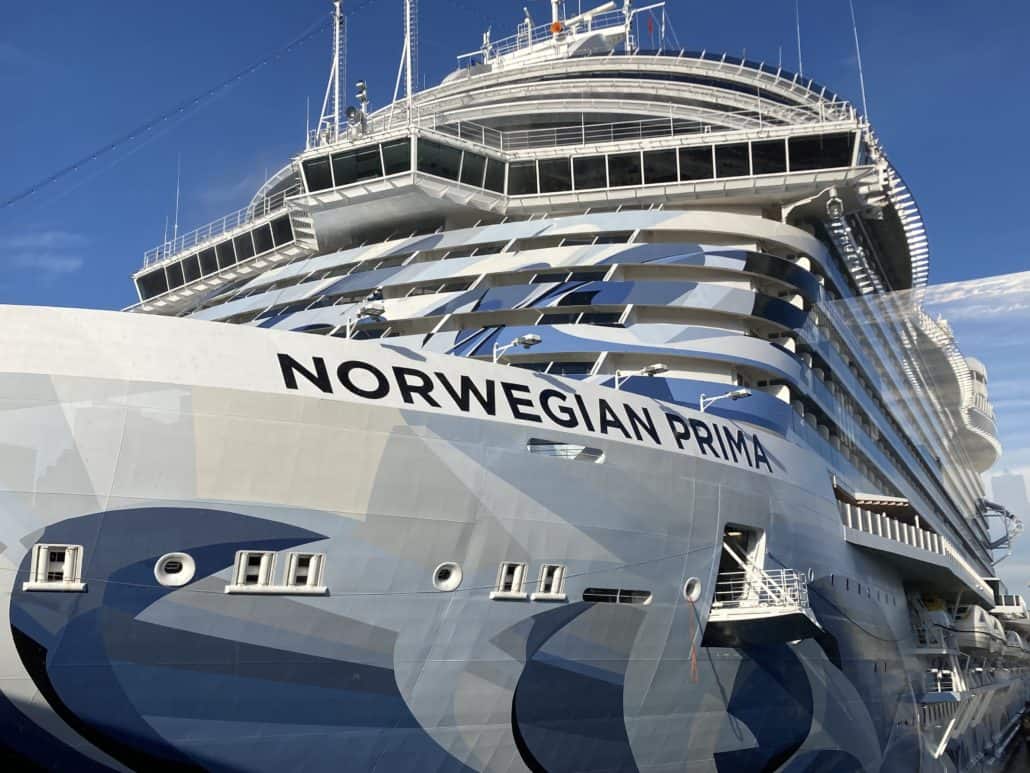
Specifically, these provisions include:
- The right to disembark a docked ship if basic necessities such as food, water, restroom facilities, and access to medical care cannot adequately be provided on board.
- The right to a full refund for a trip canceled due to mechanical failures or a partial refund for voyages terminated early due to such failures.
- The right to have onboard emergency medical attention.
- The right to timely information updates as to any modifications to the ship’s itinerary in the event of a mechanical failure or emergency, as well as timely updates of the status of any efforts to address mechanical failures.
- The right to transportation and lodging to the scheduled port of disembarkation or the passenger’s home city if a voyage terminated early due to mechanical failures.
The Cruise Line Passenger Bill of Rights is based on the International Cruise Line Passenger Bill of Rights, developed in 2013 by the International Maritime Organization (IMO), a United Nations agency responsible for regulating shipping.
Rights Regarding Safety and Security
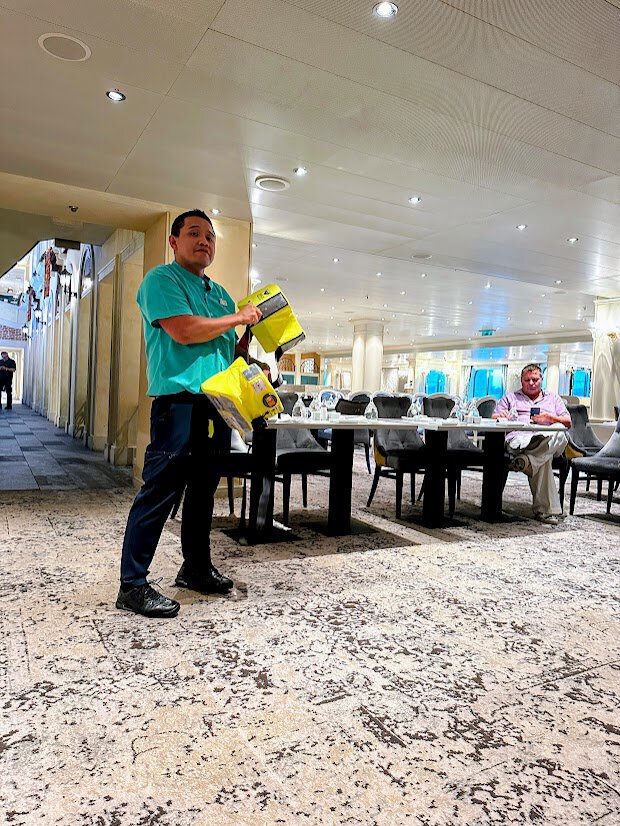
The Cruise Passenger Bill of Rights provides passengers with a wide range of rights regarding safety and security.
These rights ensure that passengers are safe and secure while onboard the ship and include the following:
- Emergency Power Source: The ship must have an emergency power source that can provide power to essential services such as lighting, communication systems, and life-saving equipment during a power outage.
- Emergency Medical Attention: Passengers have the right to receive emergency medical attention if they require it. The ship must have trained medical personnel and necessary medical equipment to provide medical care to passengers.
- Evacuation Procedures: The ship must have evacuation procedures in place in case of an emergency. Passengers must be informed of these procedures and instructed on evacuating the ship safely.
- Security: The ship must have adequate security measures in place to ensure the safety of passengers. This includes preventing crimes such as theft, assault, and sexual harassment.
- Equipment and Training: The ship must have safety equipment such as life jackets, fire extinguishers, and smoke detectors. Crew members must be trained to use this equipment and must be able to respond to emergencies quickly and efficiently.
- Reporting Crimes: Passengers have the right to report crimes on the ship. The ship must have procedures to ensure that these reports are taken seriously and that appropriate action is taken.
- Law Enforcement: The ship must cooperate with law enforcement agencies if a crime occurs onboard the ship. This includes providing access to the ship for law enforcement officials and providing them with any necessary information.
- Health: The ship must comply with all health regulations and must have procedures in place to prevent the spread of illnesses onboard the ship.
Ultimately, the Cruise Passenger Bill of Rights sets a standard of specific safety and sanitation guidelines, utilizing federal law to protect passengers.
Rights Regarding Itinerary and Disembarkation
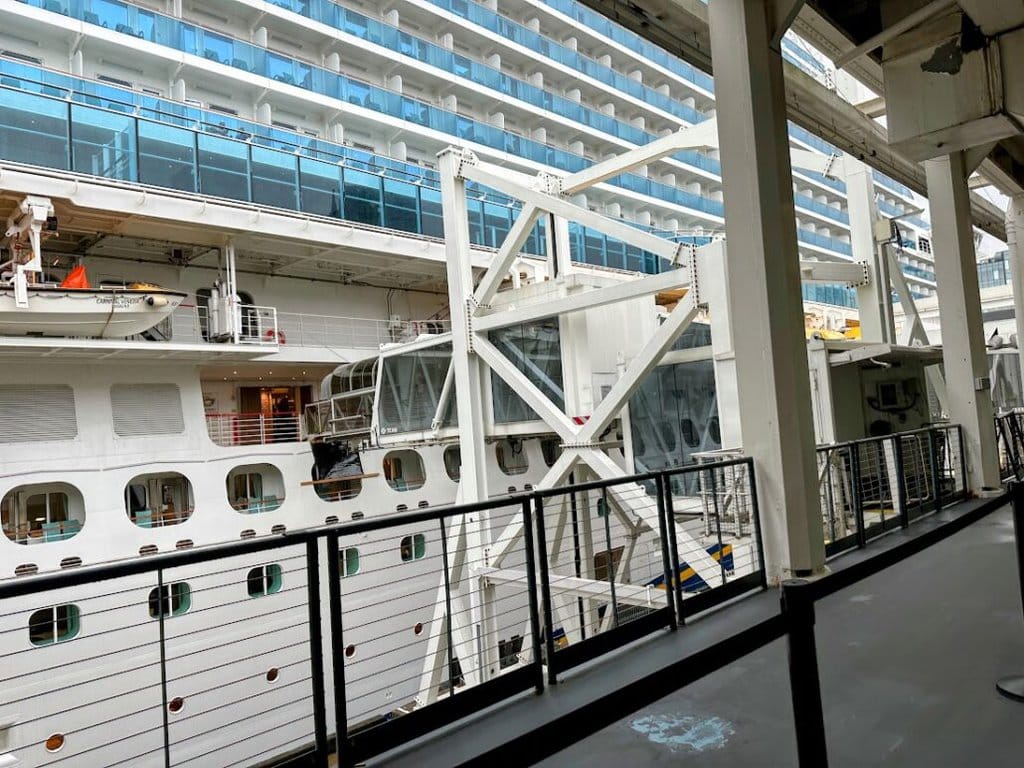
Under the Cruise Passenger Bill of Rights, passengers can expect the cruise ship to follow the advertised itinerary. If the itinerary changes, the cruise line must provide advance notice of the issue and a revised itinerary when possible and make every effort to provide reasonable alternatives.
In the event of an unscheduled port of call, the cruise line must inform passengers of the reason for the change and provide updates on the situation.
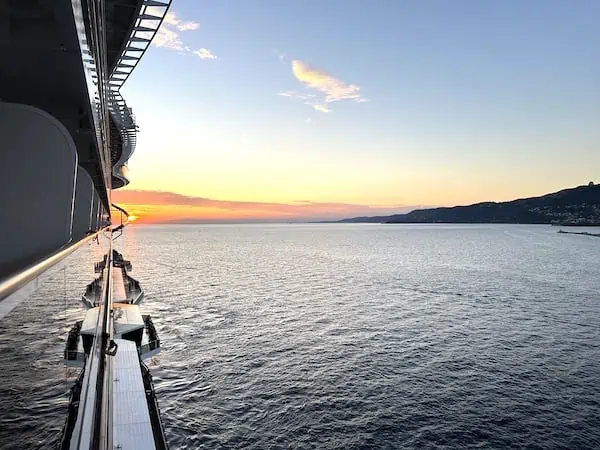
This is also why purchasing travel insurance for each cruise is important, as if a port of call is changed or last-minute itinerary modification insurance typically covers passengers’ travel expenses.
Passengers also have the right to disembark the ship at any scheduled port of call and the scheduled port of disembarkation at the end of the cruise.
An instance such as this would include a passenger needing to leave the ship early due to an emergency or illness. In this case, the cruise line must take every reasonable accommodation to assist the passenger with disembarkation and provide necessary medical attention.
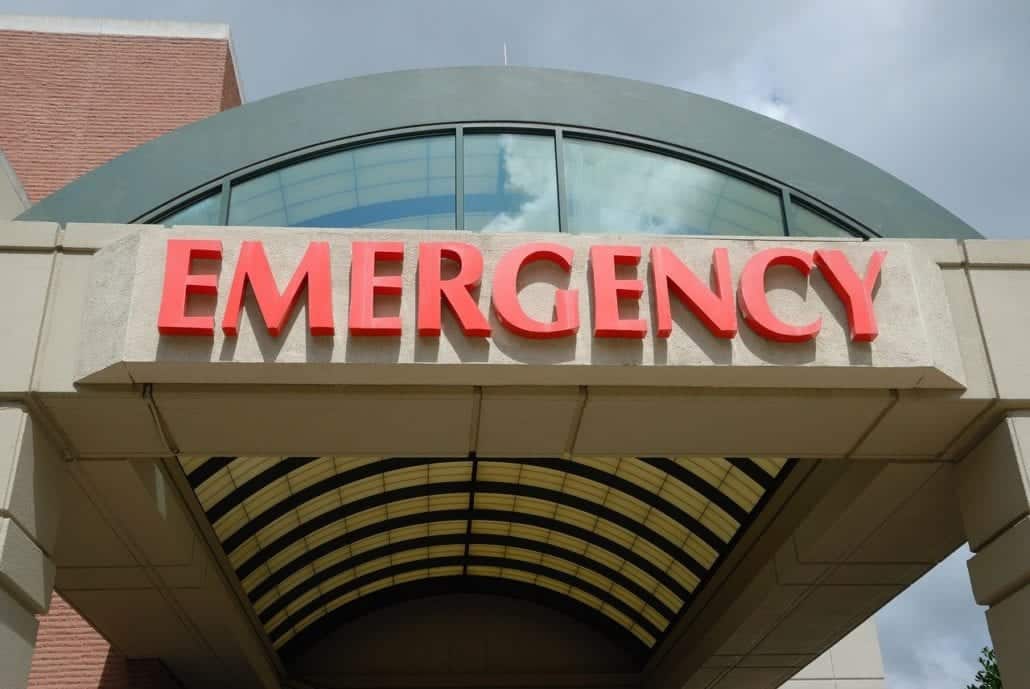
In an evacuation, passengers can expect the ship crew to provide clear instructions and assistance promptly. The cruise line must also ensure all passengers can access lifeboats and other necessary safety equipment, so passengers must attend a safety briefing before the cruise departs, another provision of the Cruise Passenger Bill of Rights.
Before disembarking the ship, passengers must go through standard customs and immigration processing required of all passengers.
Want More Cruise Stories? Sign-up for the morning recap
The cruise line must provide passengers with all necessary information and assistance to ensure compliance with these requirements.
For example, if the cruise is terminated early due to unforeseen circumstances, such as mechanical issues or inclement weather. In that case, the cruise line must make reasonable efforts to assist passengers with travel arrangements and provide compensation for any missed ports of call or other inconveniences.
The cruise line typically offers future cruise credits, full or partial refunds, or a combination.
Rights in Case of Mechanical Failures

In the unfortunate event of a mechanical failure, cruise passengers are entitled to certain rights under the Cruise Passenger Bill of Rights to ensure that passengers are taken care of and kept safe when unexpected issues arise.
If a mechanical failure occurs, the ship’s crew must try to repair the problem as quickly as possible. Typically, the ship’s command will give timely updates on the status of efforts.
FACT CHECK: Do Cruise Lines Pay U.S. Taxes
If the repair cannot be completed within a reasonable time, passengers must be provided with alternate accommodations until the issue is resolved. The ship’s crew must provide passengers with alternate accommodations until the issue is resolved.
While on board, passengers can expect all equipment and machinery to be in good working order and that the ship is safely operated.
If a mechanical failure occurs during shipboard operations, the ship’s crew must take immediate action to address the issue and ensure the safety of all passengers on board.
Rights to Essential Provisions

The Cruise Passenger Bill of Rights also states that passengers on a cruise ship have the right to certain basic necessities, including water, food, and restroom facilities.
Water is an essential provision that must be available to passengers on a cruise ship, and the Cruise Passenger Bill of Rights requires that cruise lines provide passengers with potable water for drinking, cooking, and personal hygiene. This means the water must be safe to drink and free from harmful contaminants.
Food is another essential provision that must be available to passengers on a cruise ship.
The Cruise Passenger Bill of Rights requires that cruise lines provide passengers with adequate and nutritious food that should be prepared and stored under safe and sanitary conditions.
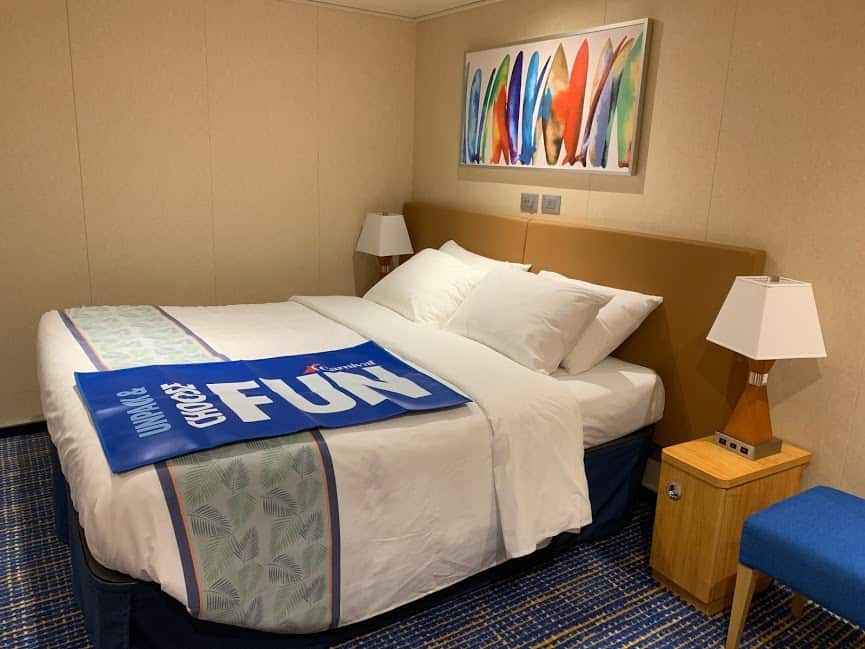
Restroom facilities are also basic necessities that must be available to passengers on a cruise ship. The Cruise Passenger Bill of Rights requires that cruise lines provide passengers with clean and accessible restroom facilities that are well-maintained and easily accessible to all passengers.
READ: Cruising is Safer Than Flying, Says Federal Maritime Commission
In addition to these essential provisions, the Cruise Passenger Bill of Rights requires that cruise lines provide passengers with other necessary provisions, including medical care, emergency equipment, and communication services. Passengers should be informed of these provisions and how to access them in an emergency.
Rights to Information and Communication
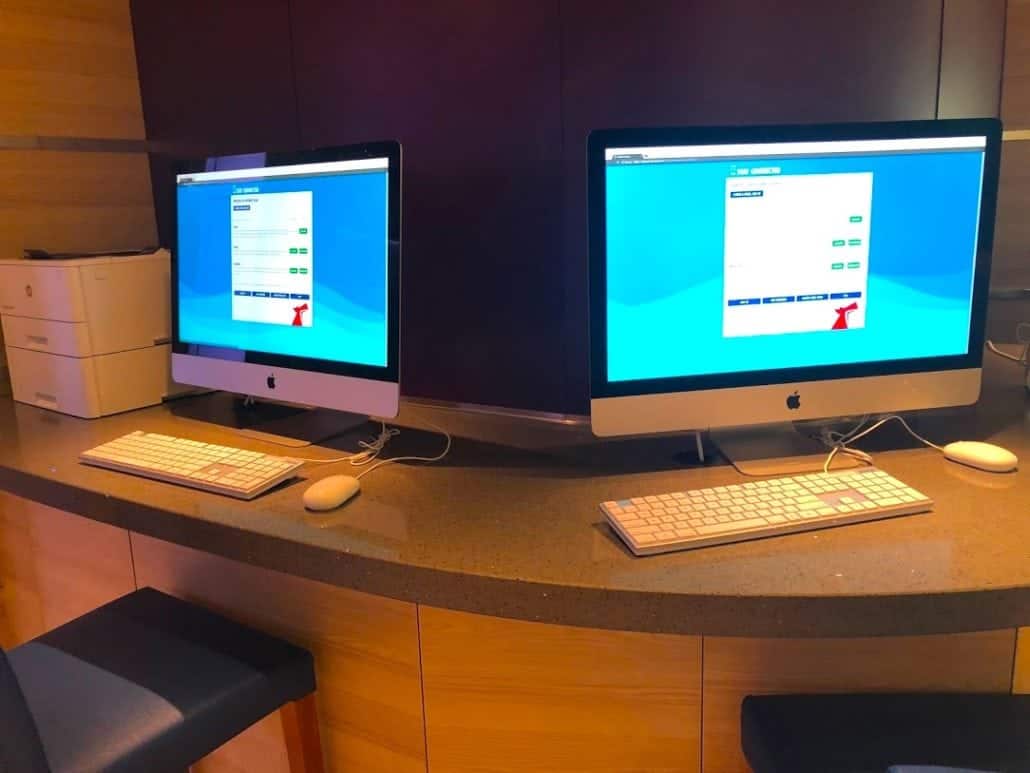
Under the Cruise Line Bill of Rights, passengers can receive accurate and timely information about their cruise, including itinerary changes, port cancellations, and other vital updates.
The cruise line must provide this information through various channels, such as its website, toll-free phone line, contact centers, and other communication methods.
RELATED: Can a cruise ship tip over? Exploring the risks
Some cruise lines post updates on their social media sites and allow passengers to opt-in to text messages that regularly provide updates on a particular situation.
Passengers should also have easy access to up-to-date information about the cruise, including the ship’s itinerary, port schedules, and any changes or cancellations available on a cruise line’s website.
The website should also include details on the Cruise Passenger Bill of Rights and specific cruise line policies.
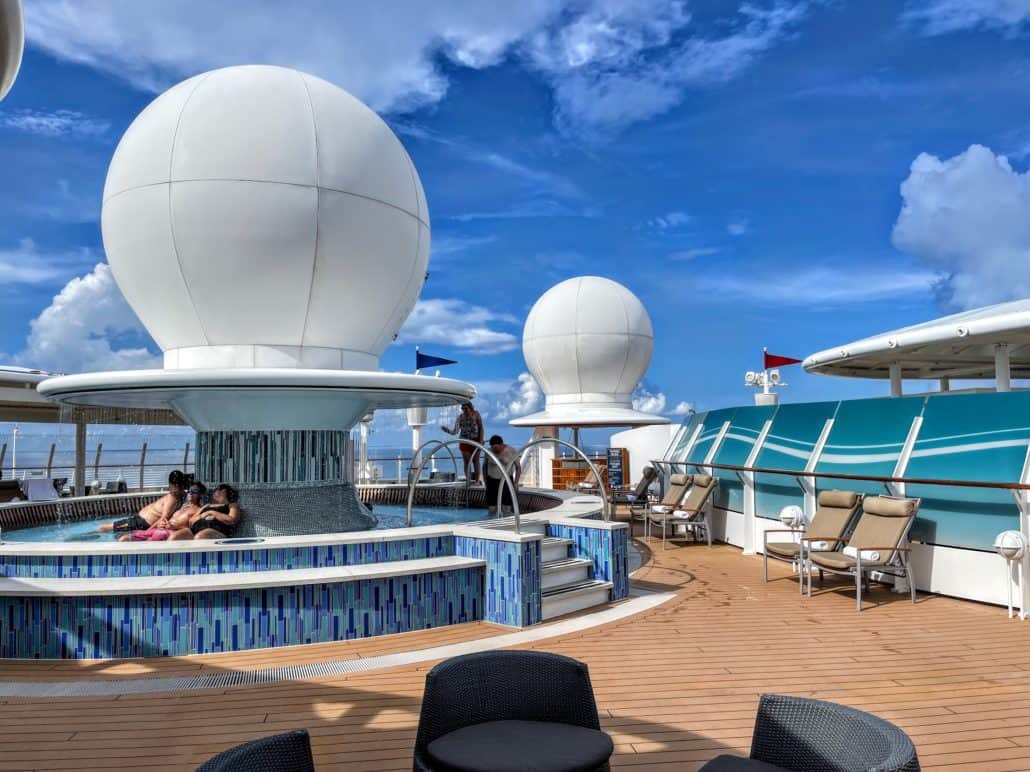
In addition to the website, the cruise line must provide a toll-free phone line for passengers and their family members to call with questions or concerns. Passengers can communicate with their families and friends during an event.
The phone line should be staffed by knowledgeable representatives who can provide accurate information and help passengers with any issues. In the event of a serious event, cruise lines will often set up stand-alone toll-free numbers exclusively for this situation.
Passengers should also receive regular updates about the cruise through various communication methods, such as email, text message, or onboard announcements. These updates should be clear and concise and provide all necessary information about the cruise.
Rights Regarding Refunds and Compensation
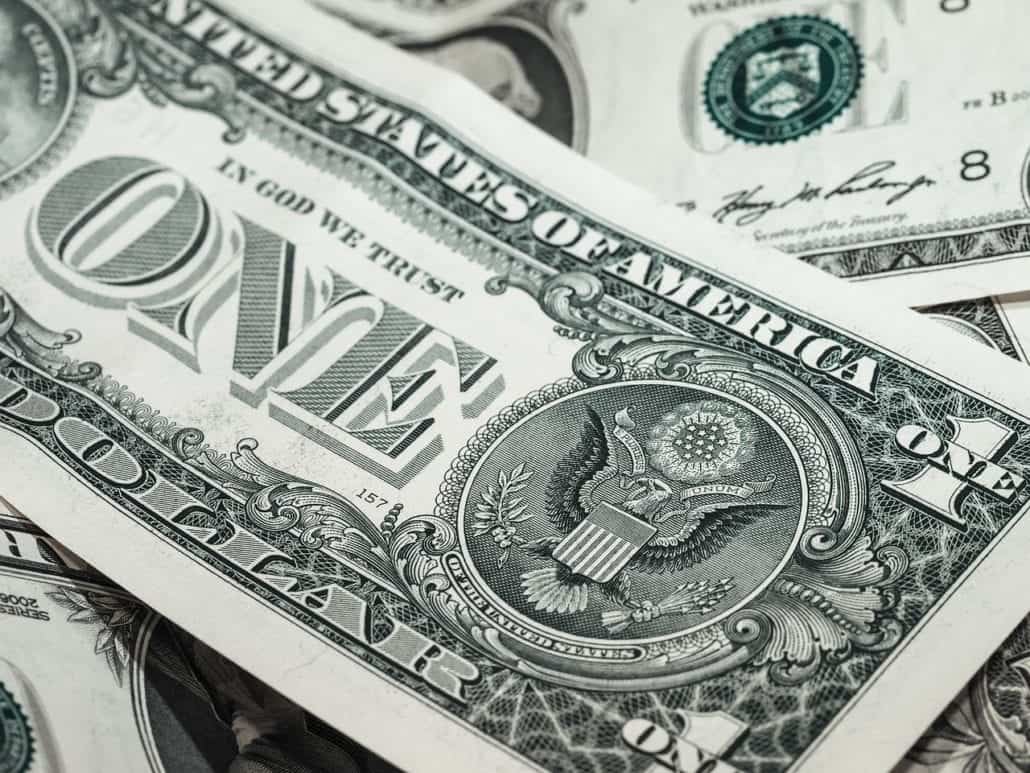
Passengers have certain rights regarding refunds and compensation under the Cruise Passenger Bill of Rights. If passengers cannot take the cruise due to illness, injury, or death, they may be entitled to a refund or partial refund of the fare paid.
The refund will depend on the circumstances and the cruise line’s policies. Read your cruise line ticket contract and website regarding specific cancellation policies.
Keep all relevant documentation and records in case you need to file a claim for a refund or compensation.
If a passenger is dissatisfied with the cruise experience or encounters problems during the trip, they may be entitled to compensation.
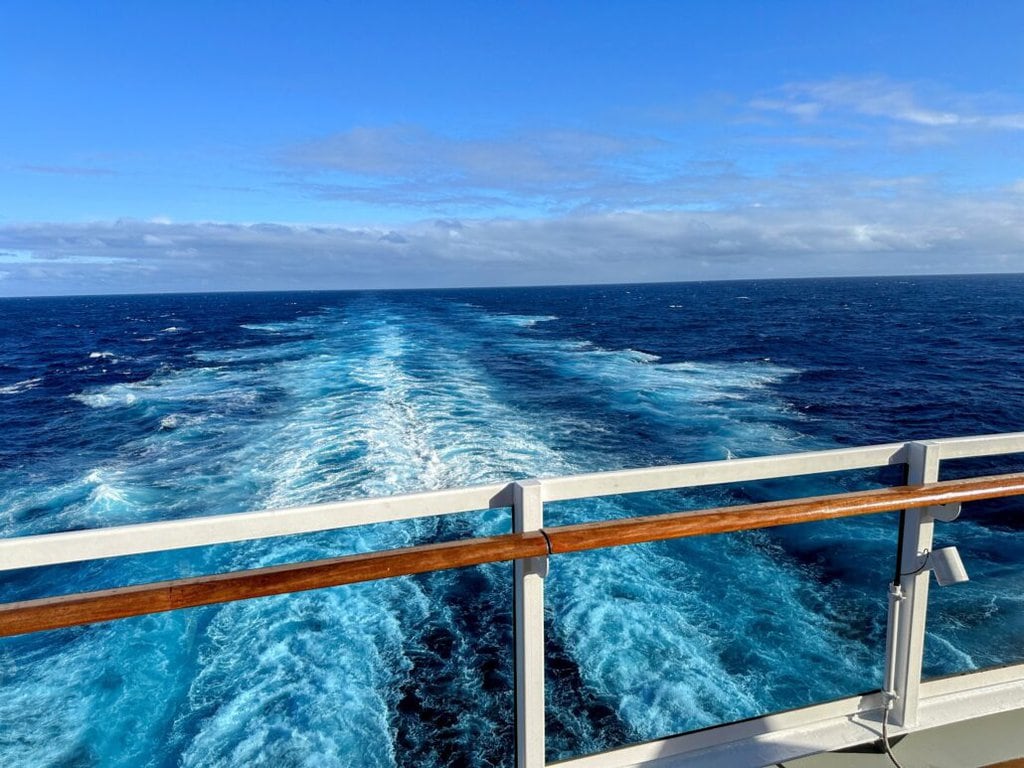
Compensation may include a partial or full refund of the fare paid and other forms of compensation, such as onboard credits or future cruise vouchers.
Passengers should be aware that there are certain circumstances in which they may not be entitled to a refund or compensation.
Remember that cruise lines have established policies regarding when passengers can cancel their cruise; penalties increase as the cruise approaches departure.
Should a cruise line not provide certain services or amenities due to circumstances beyond their control, such as inclement weather? In that case, passengers may not be entitled to compensation.
Implications for Cruise Lines
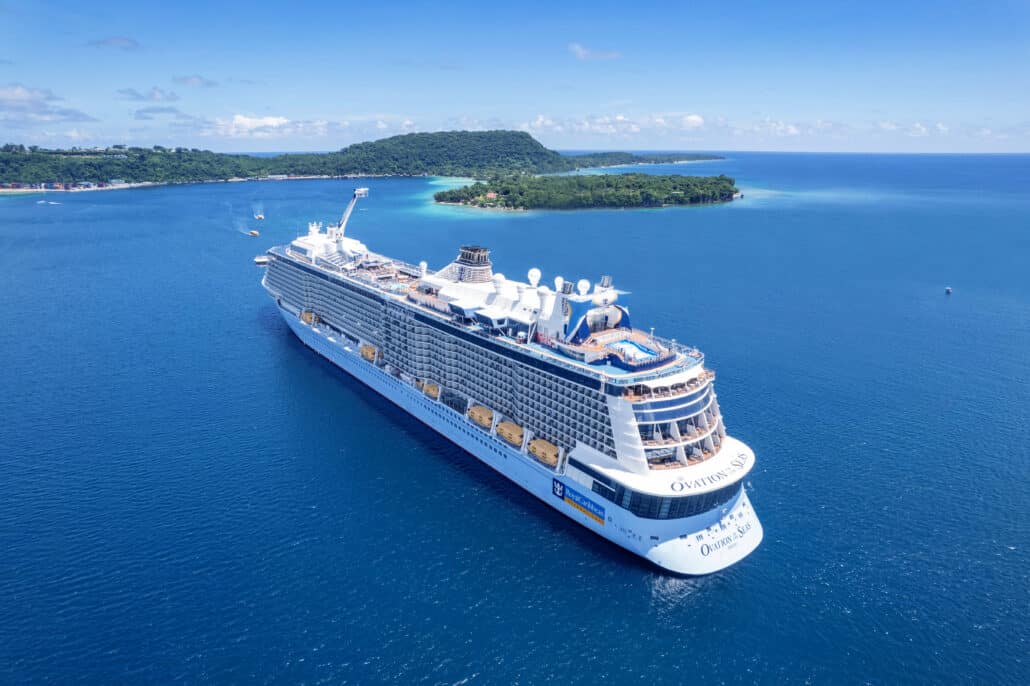
The Cruise Passenger Bill of Rights has significant implications for cruise lines. The bill aims to protect passengers’ rights, so cruise lines must comply with the provisions outlined in the bill.
Failure to comply with the bill could result in significant fines and damage to the company’s reputation.
- The bill requires cruise lines to provide passengers with certain rights, including the right to safe and sanitary shipboard conditions, medical care, and timely and accurate information.
- Cruise lines must also provide passengers with a full refund or alternative transportation if a cruise is canceled due to mechanical failure.
- Cruise lines must also ensure their crew members are adequately trained to handle emergencies and assist distressed passengers.
- The bill requires cruise lines to have detailed plans for handling emergencies, including medical emergencies, fires, and other incidents that may occur at sea.
The cruise industry has embraced the Cruise Passenger Bill of Rights, with most major cruise lines, including Carnival, Costa, Royal Caribbean, and Holland America, pledging to comply with the provisions outlined in the bill.
The Cruise Lines International Association (CLIA) has endorsed the bill and worked with its member cruise lines to ensure compliance.
Notable Incidents and Their Impact
The Cruise Passenger Bill of Rights was created in response to several notable incidents in the cruise industry.
Carnival Triumph Incident in 2013
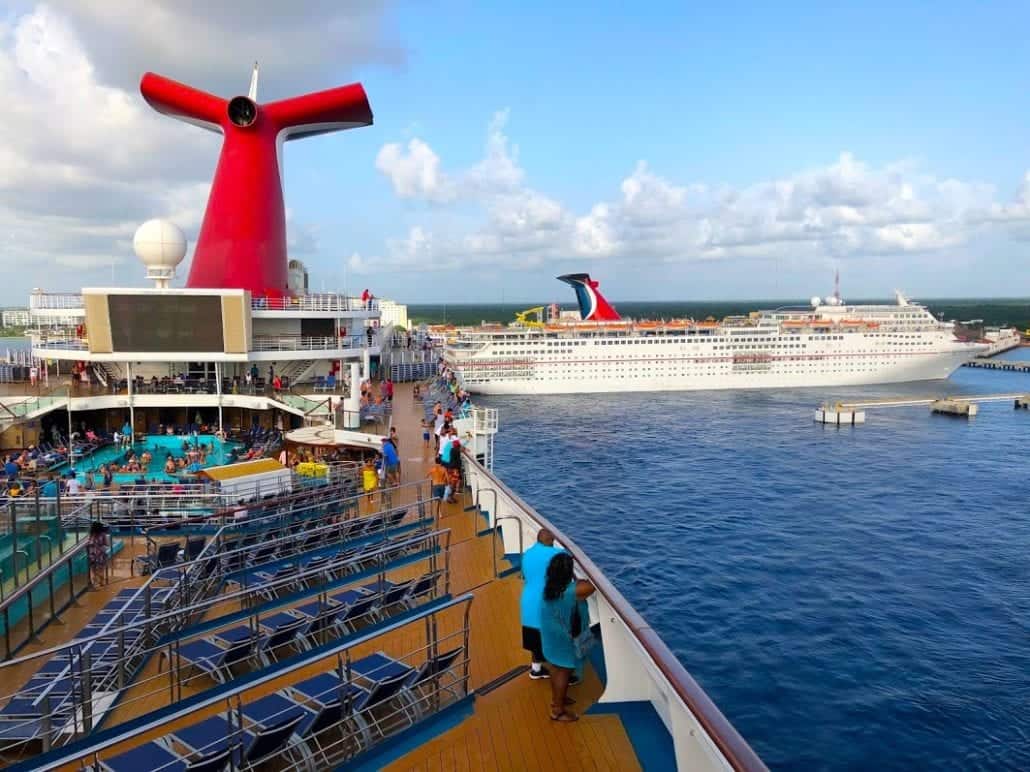
One of the most famous incidents was the Carnival Triumph incident in 2013, where the ship was adrift in the Gulf of Mexico for five days following an engine room fire, leaving the ship without power and passengers without functioning toilets and air conditioning, and limited food supplies.
This incident highlighted the need for better safety measures and passenger protection on cruise ships.
Costa Concordia Accident in 2012
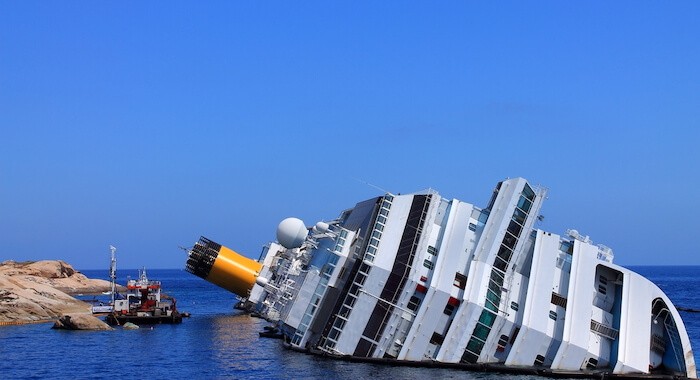
Another incident that had a major impact on the cruise industry was the Costa Concordia disaster in 2012. The ship, operated by Costa Cruises, ran aground off the coast of Italy and capsized, resulting in the deaths of 32 people. This incident highlighted the need for better crew training, bridge procedures, and emergency protocols on cruise ships.
Weather-related incidents have also had an impact on the cruise industry. In 2017, Hurricane Irma caused several cruise lines to cancel or alter their itineraries, leaving passengers stranded on vacation.
This incident led to calls for better communication and contingency plans from cruise lines in the event of severe weather.
Recourse for Passenger Bill of Rights violations
When faced with incidents or issues on a cruise, the first thing to do is to document everything. This is extremely important. Begin by carefully documenting each incident or issue, including taking photographs, writing down accounts, and keeping communication records with cruise staff.
Begin by meticulously documenting incidents or issues, including photographs, written accounts, and communication with cruise staff.
Directly address your concerns with the cruise line through their designated channels, ensuring you provide comprehensive details and express your expectations for resolution.
If the cruise line’s response doesn’t anchor satisfaction, consider escalating your concerns to consumer protection entities or exploring legal avenues.
Engage with online cruise forums and communities, as sharing your experience can provide additional advice and support and alert other passengers to potential issues. Remember, these rights were created and designed with you in mind.
Conclusion
The Cruise Passenger Bill of Rights is an important document that outlines the rights, comfort, and care of all passengers on cruise ships. When you’re headed on your next cruise, it will also allow you to have peace of mind knowing that you are protected if something goes awry, as well as penalties for non-compliance.
Like any vacation, it’s important to know your rights in the event of changes in itinerary, health concerns, or unpredictable weather.
Frequently Asked Questions
What are the rights of cruise passengers?
Cruise passengers have the right to a safe and secure journey and access to medical care and basic necessities under the Cruise Passenger Bill of Rights instituted by North American cruise operators in 2013. Under these guidelines, passengers also have the right to be informed of any changes to their itinerary and to receive a refund or compensation if their trip is canceled or interrupted.
What is the Cruise Vessel Security and Safety Act?
The Cruise Vessel Security and Safety Act (CVSSA) is a U.S. law requiring cruise lines to report all crimes on their ships, provide a list of incidents on their websites, and implement specific safety and security measures. These measures include the installation of peepholes on cabin doors, the provision of anti-retroviral medication to victims of sexual assault, and the maintenance of a log of all crimes reported on board.
What happens if there is a medical emergency on a cruise?
If a medical emergency occurs on a cruise, the Cruise Passenger Bill of Rights stipulates that the ship’s medical staff will provide care to the best of their abilities. If necessary, the passenger may be evacuated to a hospital on land. Passengers should know that cruise ship medical facilities are not hospitals designed to stabilize patients to get them to a shoreside hospital.
It’s important to note that most shipboard doctors are independent contractors and medical care on a cruise ship is typically more expensive than on land. Just to speak to the doctor can cost $125.
What is the process for filing a complaint about a cruise?
Passengers who wish to file a complaint about a cruise should first bring the issue to the attention of the ship’s staff while on board. In recent years, cruise lines have significantly improved their handling of complaints, often empowering employees to resolve issues on the spot versus waiting for the passenger to return home.
If the problem needs to be resolved satisfactorily, they can contact the cruise line’s customer service department. They can file a complaint with the Federal Maritime Commission or the Better Business Bureau if the issue is still unresolved.
What are the rules and regulations for Carnival Cruise Line?
Carnival Cruise Line is subject to the same rules and regulations as all other cruise lines operating in the United States. In addition, Carnival has implemented its own policies and procedures to ensure the safety and satisfaction of its passengers. These policies include a zero-tolerance policy for drug use, a dress code for certain shipboard areas, and expectations for guest behavior on board.
What is the process for payment on a Princess Cruise?
Passengers on a Princess Cruise can pay for their trip using a credit card, debit card, or personal check. They can also pay in installments, with the final payment due several weeks before the cruise departs. Passengers should know that some services on board the ship, such as spa treatments and shore excursions, may require additional payment.
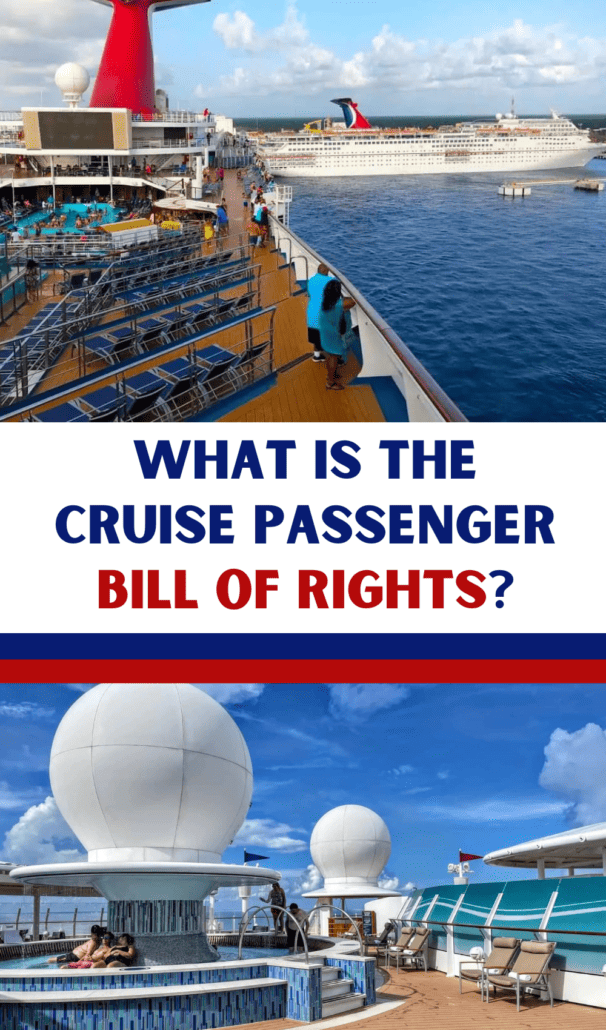



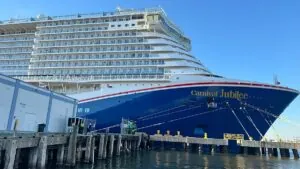
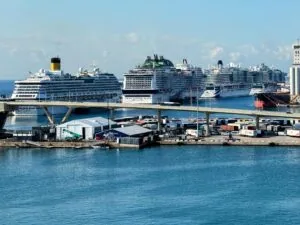
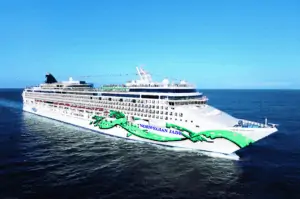
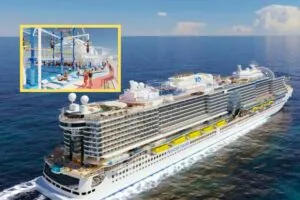
![First Time Cruise to Europe + Cruise News [Podcast]](jpg/1681310099-msc-world-europa-maiden-call-genoa-italy-1-300x206.jpg)
